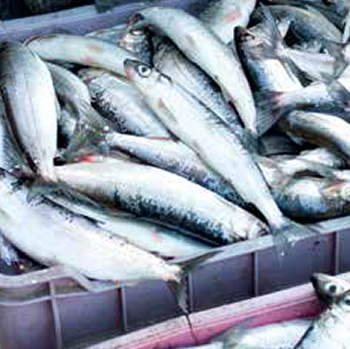
DNA forensic research carried out by Bangor University in collaboration with Bangor University spin-out company, Wildlife DNA Services, has had major impacts on the management and control of illegal wildlife trade.
The research was born out of the need for DNA forensic techniques to tackle wildlife crime. Bangor University's research into sustainable fishing created traceability tools, which follow the whole journey of fish from stock-to-fork, enabling control and enforcement of fisheries management strategies. Bangor University researchers developed genetic markers for four priority species for conservation and/or enforcement within the EU (Cod, Herring, Sole, and Hake) so they could detect the origin of their populations and assess their diversity. This was the first major project to produce tests that identify the geographic ori g in of marine fish for fisheries enforcement with sufficient certainty and level of validation to meet forensic standards in court. Bangor University's research has improved stock management by the UK government, has directly affected the Common Fisheries Policy and has been implemented by the Marine Stewardship Council to ensure correct labelling of products.
